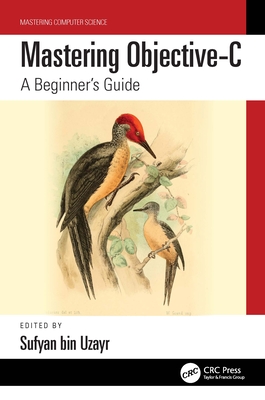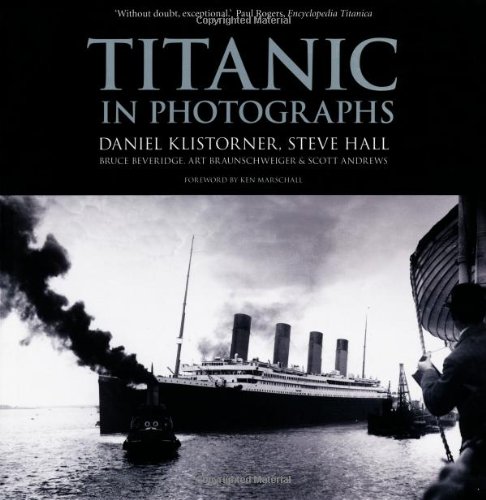图书简介
This book explores the role of mens rea, broadly defined as a factor in jury assessments of guilt and innocence from the early thirteenth through the fourteenth century - the first two centuries of the English criminal trial jury. Drawing upon evidence from the plea rolls, but also relying heavily upon non-legal textual sources such as popular literature and guides for confessors, Elizabeth Papp Kamali argues that issues of mind were central to jurors? determinations of whether a particular defendant should be convicted, pardoned, or acquitted outright. Demonstrating that the word ?felony? itself connoted a guilty state of mind, she explores the interplay between social conceptions of guilt and innocence and jury behavior. Furthermore, she reveals a medieval understanding of felony that involved, in its paradigmatic form, three essential elements: an act that was reasoned, was willed in a way not constrained by necessity, and was evil or wicked in its essence.
List of figures; Acknowledgments; List of abbreviations; Introduction; The history of Mens Rea; Methodology; The trial jury and its predecessors: Anglo-Saxon and Angevin Antecedents; A brief chapter summary; The essentials of medieval English felony procedure; Part I. Felonia Felonice Facta: Felony and Intentionality: 1. The meaning of felony; 1.1 Felonia Felonice Facta and the question of non-felonious felonies; 1.2 The etymology of felony; 2. Felony in the archives; 2.1 Words of felony in law and literature; 2.2 Accomplice liability and the nexus between actus reus and mens rea; 2.3. A felonious state of mind; 2.4 Conclusion to Part I; Part II. Þe Deuylys Doghtyr of Hellë Fyre: Felony and Emotion: 3. The language of anger; 3.1 An elite emotional episode: the Warenne-Zouche Incident; 3.2 The history of law and emotion; 3.3 The language of anger; 3.4 Anger and the common law: an overview; 3.5 Passion in the plea rolls; 3.6 Melancholic felony in Gower?s Tale of Canace and Machaire; 4. Cultural understandings of anger; 4.1 Anger and the judgment day; 4.2 Positive manifestations of the passion; 4.3 Anger in the confessional; 4.4. Slights, affronts, and provocations; 4.5 Anger, provocation, and the medieval English jury; 4.6 Conclusion to Part II; Part III. Handlyng Synne: Guilt and Innocence: 5. Confession and circumstantial inquiry; 5.1 Confessions of a horse thief; 5.2 A confessing society; 5.3 Inquiry into the circumstances; 5.4 The role of confession in felony adjudication; 6. Guilt assessment in medieval England; 6.1 Handlyng Synne and crime; 6.2 Sins of thought, speech, deed; 6.3 Rankings of sins and crimes; 6.4 Conclusion to Part III; Part IV. Dies Iræ: Judge and Jury: 7. Tales of judging; 7.1 The perils and prosaic nature of judging; 7.2 Pontius Pilate and deference to jury verdicts; 7.3 The misjudging of Christ and its resonance; 8. The mind and comportment of judge and jury; 8.1 Erkenwald and the Pagan judge; 8.2 Harsh justice tempered by mercy; 8.3 The proper comportment of those who judge; 8.4 Judicial states of mind; 8.5 Conclusion to Part IV; Conclusion; Looking back; Looking forward; Legal literacy and the medieval English jury; Bibliography; Index.
Trade Policy 买家须知
- 关于产品:
- ● 正版保障:本网站隶属于中国国际图书贸易集团公司,确保所有图书都是100%正版。
- ● 环保纸张:进口图书大多使用的都是环保轻型张,颜色偏黄,重量比较轻。
- ● 毛边版:即书翻页的地方,故意做成了参差不齐的样子,一般为精装版,更具收藏价值。
关于退换货:- 由于预订产品的特殊性,采购订单正式发订后,买方不得无故取消全部或部分产品的订购。
- 由于进口图书的特殊性,发生以下情况的,请直接拒收货物,由快递返回:
- ● 外包装破损/发错货/少发货/图书外观破损/图书配件不全(例如:光盘等)
并请在工作日通过电话400-008-1110联系我们。
- 签收后,如发生以下情况,请在签收后的5个工作日内联系客服办理退换货:
- ● 缺页/错页/错印/脱线
关于发货时间:- 一般情况下:
- ●【现货】 下单后48小时内由北京(库房)发出快递。
- ●【预订】【预售】下单后国外发货,到货时间预计5-8周左右,店铺默认中通快递,如需顺丰快递邮费到付。
- ● 需要开具发票的客户,发货时间可能在上述基础上再延后1-2个工作日(紧急发票需求,请联系010-68433105/3213);
- ● 如遇其他特殊原因,对发货时间有影响的,我们会第一时间在网站公告,敬请留意。
关于到货时间:- 由于进口图书入境入库后,都是委托第三方快递发货,所以我们只能保证在规定时间内发出,但无法为您保证确切的到货时间。
- ● 主要城市一般2-4天
- ● 偏远地区一般4-7天
关于接听咨询电话的时间:- 010-68433105/3213正常接听咨询电话的时间为:周一至周五上午8:30~下午5:00,周六、日及法定节假日休息,将无法接听来电,敬请谅解。
- 其它时间您也可以通过邮件联系我们:customer@readgo.cn,工作日会优先处理。
关于快递:- ● 已付款订单:主要由中通、宅急送负责派送,订单进度查询请拨打010-68433105/3213。
本书暂无推荐
本书暂无推荐













